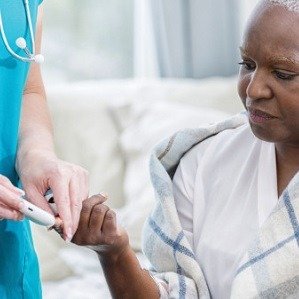New research reveals significant disparities in the timely initiation of continuous glucose monitoring (CGM) among children with type 1 diabetes, potentially exacerbating racial and ethnic health inequalities. The study, presented at the American Diabetes Association’s 84th Scientific Sessions in Orlando, found that publicly insured children and those from historically marginalized racial or ethnic groups experienced delays in starting CGM compared to privately insured and White, non-Latinx children.
Lead author Dr. Mette K Borbjerg from the University of California San Francisco reported that children who began CGM within six months of diagnosis had an average HbA1c of 7.5%, compared to 8.4% for those starting later. This difference highlights the critical importance of early CGM access in managing diabetes and reducing long-term health risks.
The research examined 270 children diagnosed with type 1 diabetes between 2015 and 2021. Results showed publicly insured children typically started CGM within six months, while privately insured children began within two months. Similar delays were observed for children from minority racial or ethnic groups.
Dr. Robert Gabbay, ADA chief scientific and medical officer, emphasized the need for equitable access to care, stating, “People with type 1 diabetes are at a heightened risk for health complications as they age. They all deserve access to care and treatment, no matter their race, income, ZIP Code, age, education, or gender.”
The study underscores the urgent need to address barriers to CGM initiation, particularly for underserved populations. Researchers call for further investigation into specific obstacles preventing timely CGM access and advocate for policy changes to improve health outcomes for all children with type 1 diabetes.



